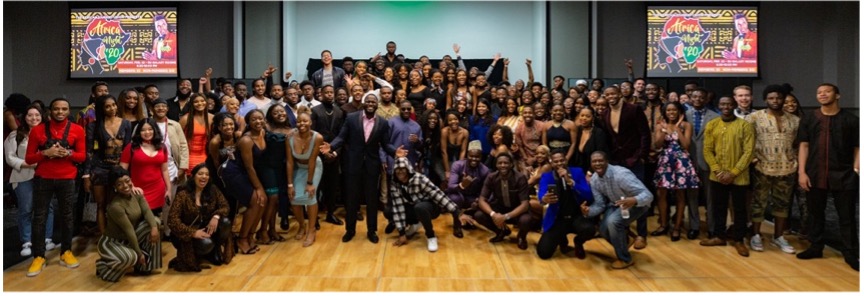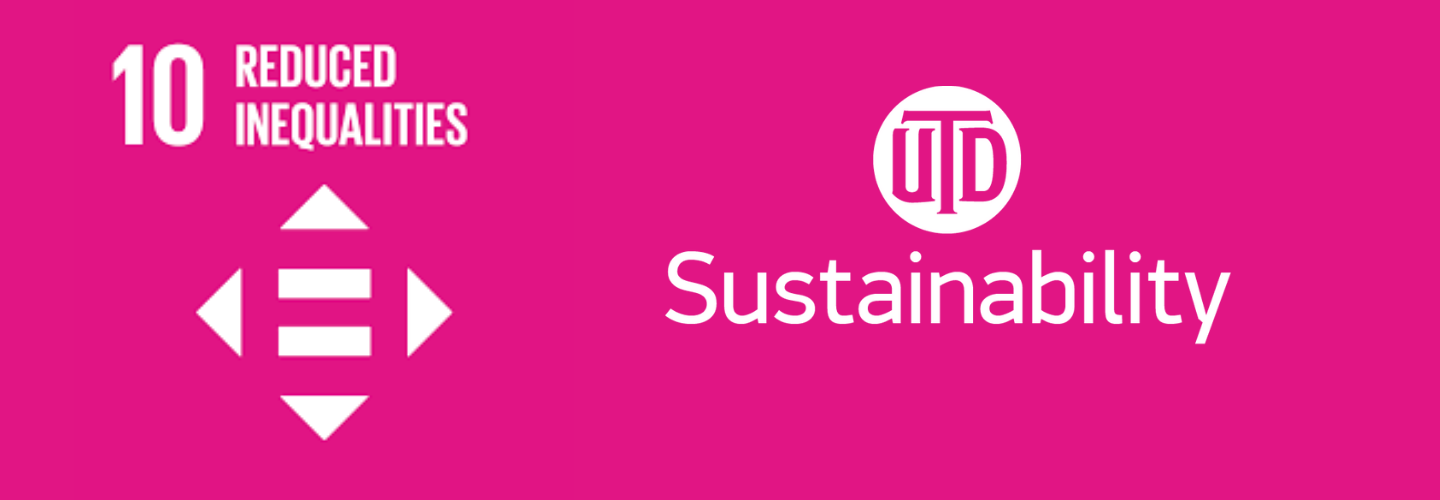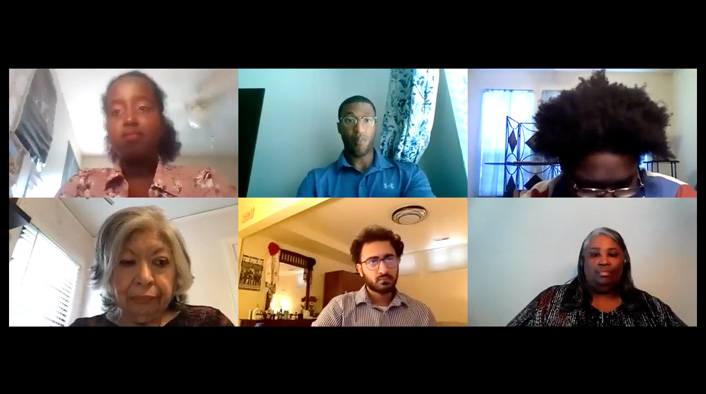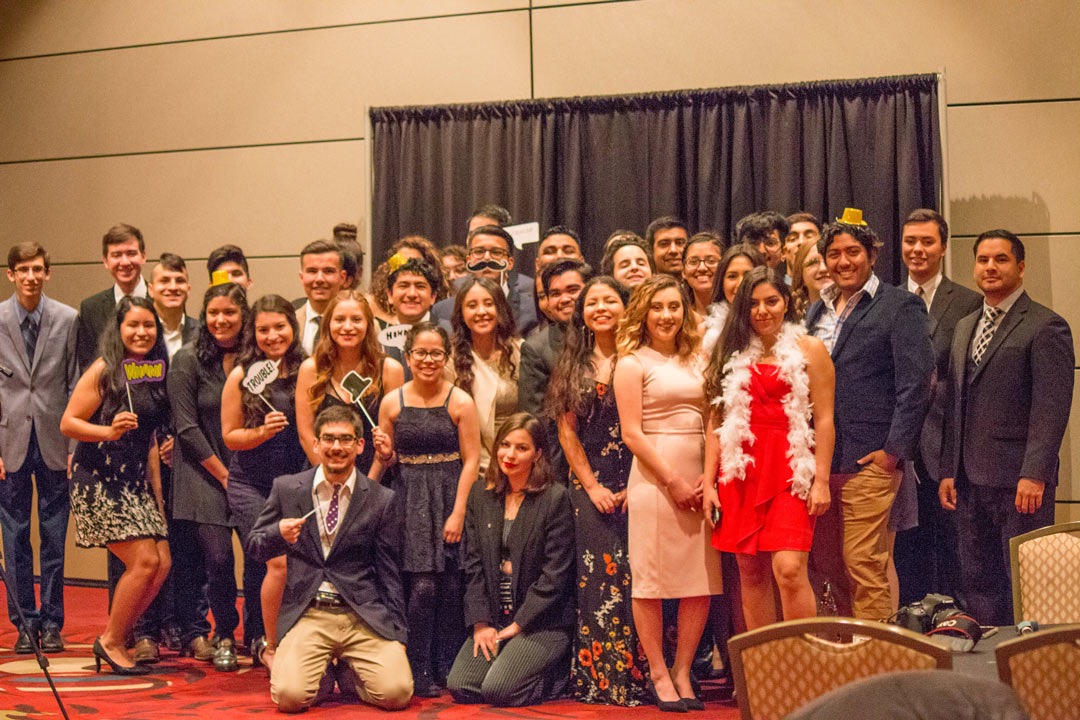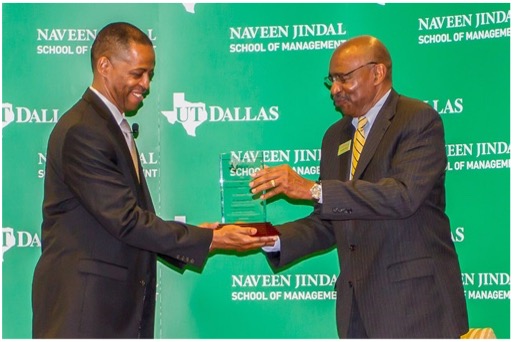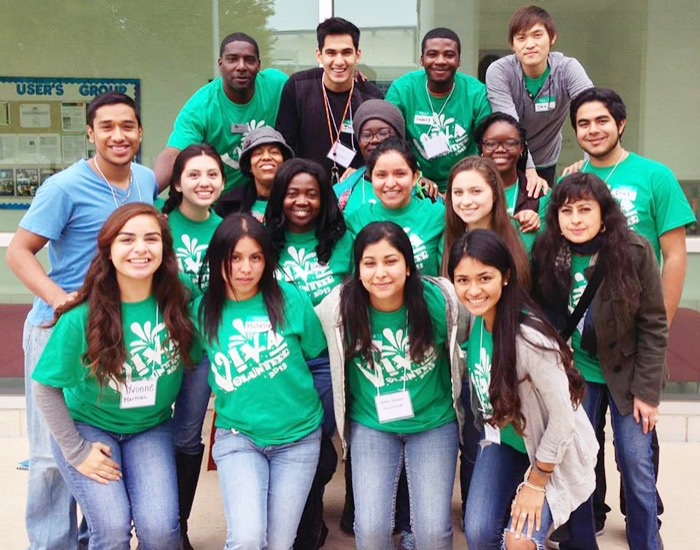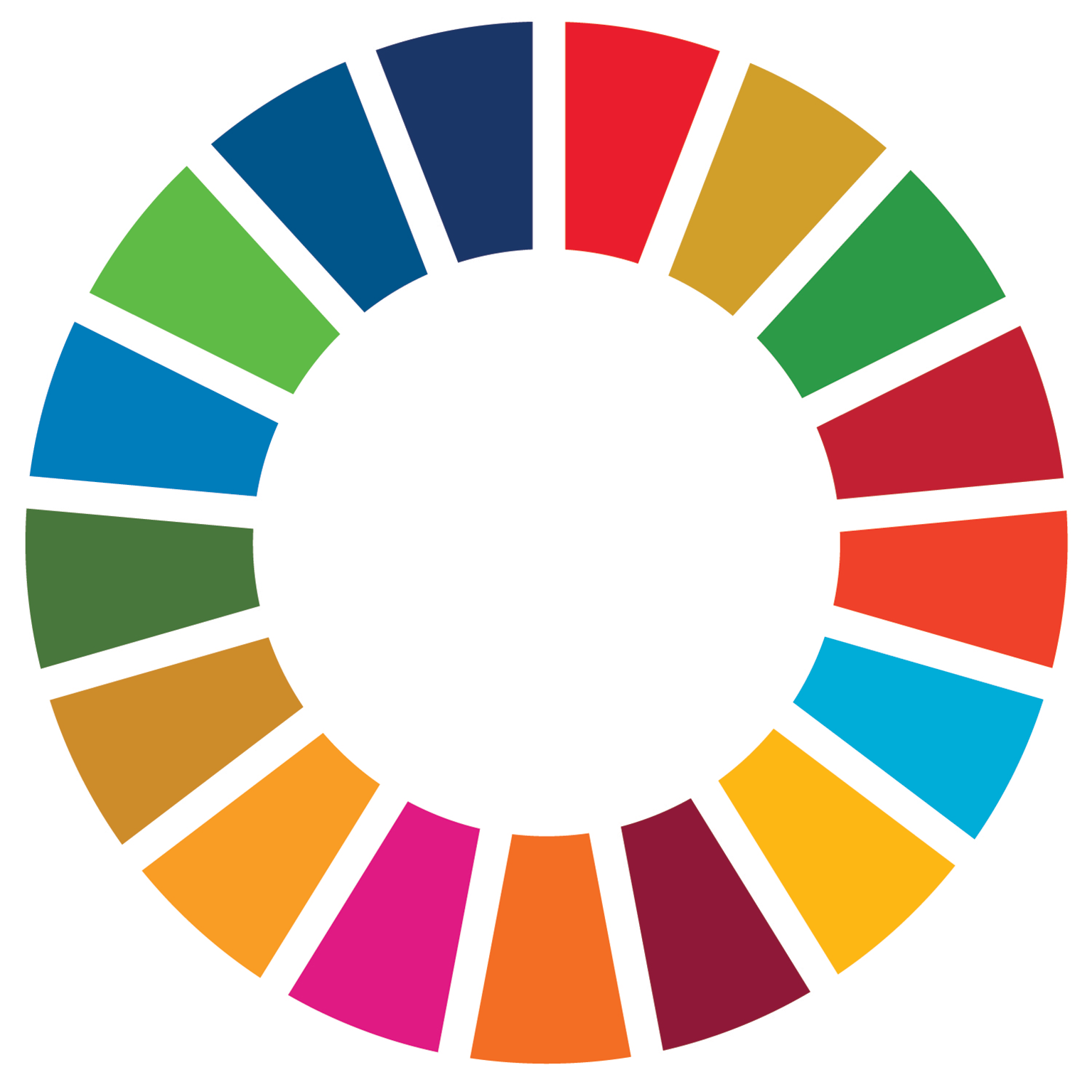When working towards achieving all of the Sustainable Development Goals,
it is important that
SDG 10 [Sustainable Development Goal 10] :
Reduced Inequalities is kept in mind. The United Nations recognizes that there are areas
within countries that have had drastic improvement in equality, including reducing
income inequality and preferential trade status to benefit lower-income countries.
That being said, many parts of the world still have a far way to go in achieving gender,
racial, socioeconomic, and LGBTQ+ equality.
The Dallas economy has grown dramatically over the past decade. Unfortunately,
inequality has, too. According to the Dallas Morning News, economic growth and low unemployment
rates have not prevented a huge growth in the metroplex’s racial wealth gap.
Many households in the Dallas Metro Area remain segregated by race and income, driven by
historical tax incentives that kept low-income individuals in high poverty areas.
DFW [Dallas / Fort Worth] ’s
complex inequality issues require multifaceted solutions that are just starting to be
addressed in plans such as the Dallas Housing Policy 2033.
At the University of Texas at Dallas, we value our diverse campus community
and the experiences individuals from each background bring to the table. In our engagement,
academics, and campus resources, we strive to reduce inequalities and provide all
students with an environment to thrive.
Student Organizations
SDG 16: Peace, Justice and Strong Institutions
SDG 17: Partnerships for the Goals
Under the Student Organization Center at UT Dallas, there are a variety of
student cultural and advocacy organizations dedicated to reducing inequalities. This
list includes, bus is not limited to, the: Black Student Alliance, Indian Students
Association, African Student Union, and Native American Student Association. You can
learn more about student organizations at the Student Organization Center at UT Dallas
or view the full list on Presence.
Teach-In Collective
SDG 1: No Poverty
SDG 4: Quality Education
Photo Source: UTD Anti-Racist Teach-In Series
The Teach-In Collective at UT Dallas is a coalition of students, staff and
faculty that put on monthly virtual teach-ins on topics primarily related to topics of
reducing inequalities. Some examples of topics include environmental justice, housing
insecurity on campus and beyond, confronting
AAPI [Asian American and Pacific Islander]
violence and discrimination, and reproductive justice. You can view past teach-ins
on the Bass School YouTube channel.
Multicultural Center
SDG 4: Quality Education
SDG 11: Sustainable Cities and Communities
The Multicultural Center is a branch of the Office of Diversity, Equity, and Inclusion
dedicated to helping diverse students be successful on campus. The Multicultural
Center provides a range of sponsored programs and events, support services, and activities
that enhance the cultural and educational development of UT Dallas students.
The center is also home to the Student Success Assistants, Diversity Peer Educator,
and Multicultural Peer Advocates, who are all students available to assist other
students’ while at UTD.
Learn more about the Multicultural Center.
Assessing Diversity and Equity
SDG 8 Decent Work and Economic Growth
SDG 17 Partnerships for the Goals
In 2022, UT Dallas released its most recent campus climate survey, which had
several focus areas including diversity, equity, inclusion, and belonging, effectiveness
of leadership, growth and retention, recognition, communication, COVID-19 impact to work,
caregiving needs, physical and mental wellbeing, and accessibility and accommodation.
53% percent of campus employees participated and provided more than 7,500 comments
on employee climate. The survey found that 7 out of 10 UT Dallas employees are happy
working at UT Dallas and would recommend UT Dallas as a great place to work
and identified several focus areas overall and by demographic for UT Dallas to
improve upon.
Non-Discrimination Statement
SDG 16: Peace, Justice and Strong Institutions
The University of Texas at Dallas is committed to providing an educational,
living and working environment that is welcoming, respectful, and inclusive of all
members of the University community. An environment that is free of discrimination and
harassment allows members of the University community to excel in their academic and
professional careers. To that end, to the extent provided by applicable federal and state
law, the University prohibits unlawful discrimination against a person because of their
race, color, religion, sex (including pregnancy), sexual orientation, gender
identity, national origin, age, disability, genetic information, or veteran status.
In addition, the University’s commitment to equal opportunity extends its
nondiscrimination protections to include sexual orientation, gender identity, and
gender expression where not protected by applicable law.
View the full Non-Discrimination Policy Statement.
Academic Programs
SDG 4: Quality Education
SDG 9: Industry, Innovation and Infrastructure
The University of Texas at Dallas offers several scholarship and cohort
programs for members of underrepresented groups, such as the Comet Scholars Program.
The Comet Scholars Program is a student success program that includes a
scholarship for students with a record of academic excellence and financial need. The
program supports freshmen and transfer students enrolling at UT Dallas.
Incorporate efforts to reduce inequalities into Office of Sustainability initiatives.
